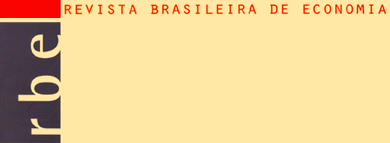We propose an implied volatility index for Brazil that we name "IVol-BR". The index is based on daily market prices of options over Ibovespa-an option market with relatively low liquidity and few option strikes. Our methodology combines standard international methodology used in high-liquidity markets with adjustments that take into account the low liquidity in Brazilian option markets. We do a number of empirical tests to validate the IVol-BR. First, we show that the IVol-BR has significant predictive power over future volatility of equity returns not contained in traditional volatility forecasting variables. Second, we decompose the squared IVol-BR into (i) the expected variance of stock returns and (ii) the equity variance premium. This decomposition is of interest since the equity variance premium directly relates to the representative investor risk aversion. Finally, assuming Bollerslev, Tauchen, & Zhou (2009)Bollerslev, T., Tauchen, G., & Zhou, H. (2009). Expected stock returns and variance risk premia. Review of Financial Studies, 22(11), 4463-4492. doi: 10.1093/rfs/hhp008
https://doi.org/10.1093/rfs/hhp008...
functional form, we produce a time-varying risk aversion measure for the Brazilian investor. We empirically show that risk aversion is positively related to expected returns, as theory suggests.
Keywords:
Volatility Index; Predictability; Risk Aversion; Equity Variance Premium







